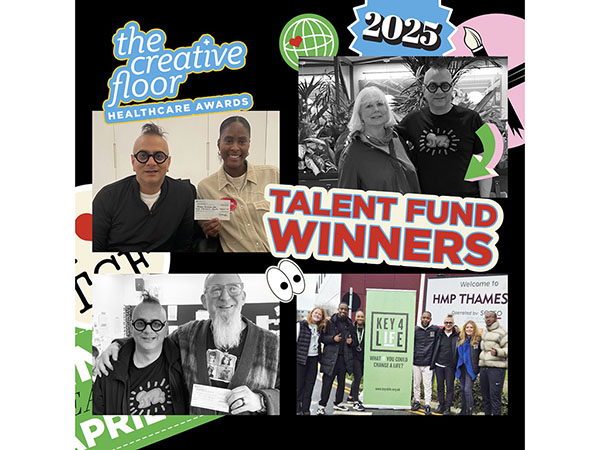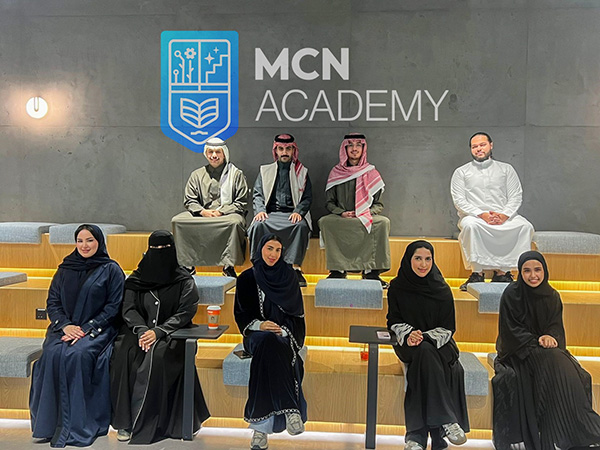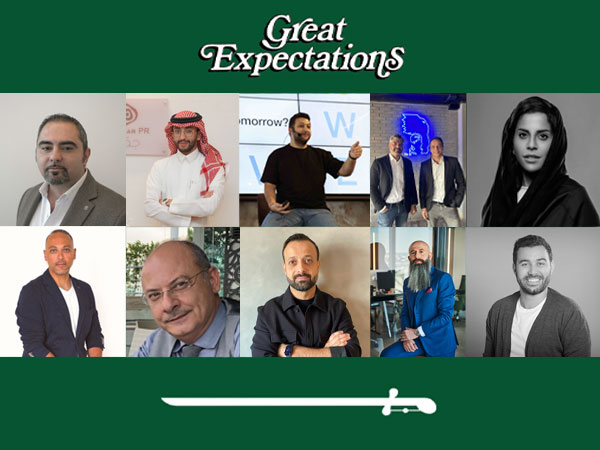Industry Talk
‘How can we convince talent that there is a future for this industry?’
October 25, 2018

Does Lebanon have a talent crisis? It’s perhaps one of the easier questions to answer.
“Lebanon has had a talent crisis since the mid-2000s,” says Fadi Mroue, founder and creative director of République.“Primarily because the best have decided to build careers abroad. We had a few years when we saw expats coming home during the recession in the Gulf, but that didn’t last long.”
It’s a sentiment shared by Ramzi Barakat, founder and chief creative officer of Beirut-based boutique agency B. “The main challenge is the ability to produce viable wages to recruit talent, keep them in Lebanon, offer them careers, and not lose them for a double figure to the Gulf market or to other industries,” he says. “The economy is currently at its peak of bankruptcy and it is hard to promise any newcomer any career path unfortunately. And that is extremely challenging these days.”
The Gulf states have been offering expats the stability, lifestyle and financial security they cannot find at home for years, while Lebanon’s businesses have run on minimum spend. In such a situation, agencies that don’t have international clients have not been able to afford the best talent. Hence the exodus overseas, and the continuation of a situation that is not only impacting individual agencies, but the industry as a whole.
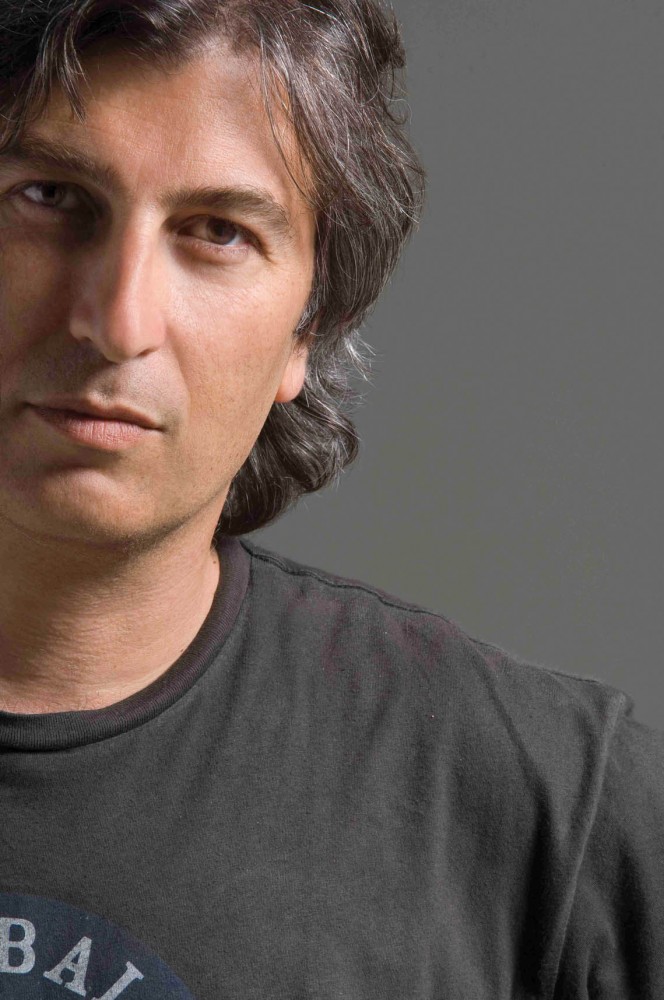
“The economy is currently at its peak of bankruptcy and it is hard to promise any newcomer any career path unfortunately.”—Ramzi Barakat, founder/CEO of B
“Hiring is about creating opportunities for growth, and since this is getting scarce due to the economic situation, it is hard to convince any newcomer that they have space to grow,” says Barakat. “They will all make much more money freelancing, which in turn doesn’t allow them to learn, nor does it allow them to grow. It is a vicious circle, and the state of the economy is solely responsible for this situation.
“Creativity is clearly suffering,” he adds. “Business is down, growth is down, and so definitely is talent. We simply are lacking opportunities for better work and creating room for new talent to prosper within. Therefore the whole creative business is suffering from the lack of new blood, new ideas and inspiring or quality work.”
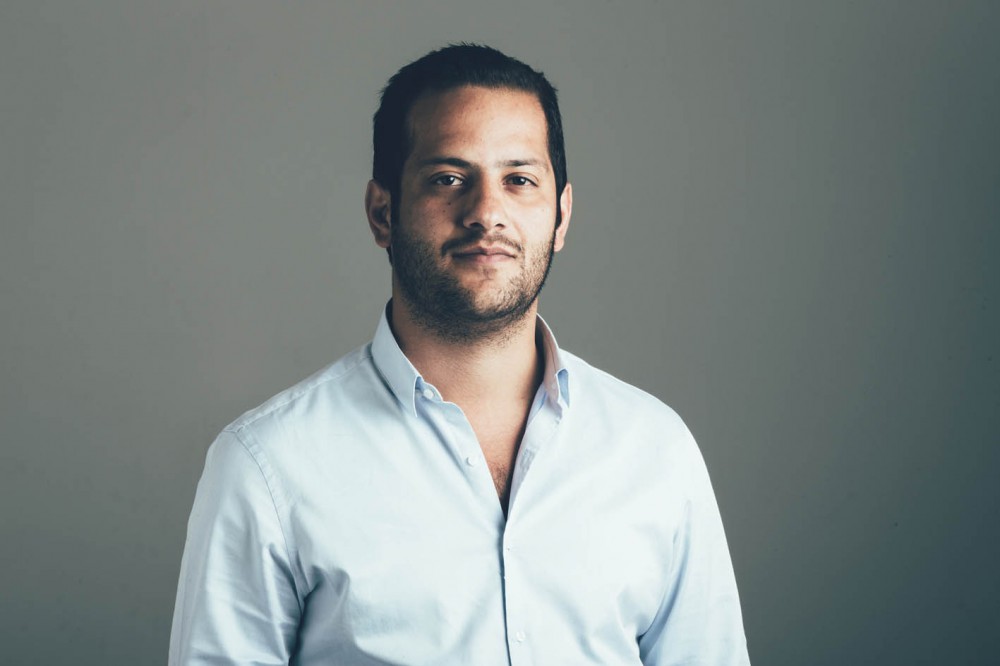
“Young talent aren’t used to spending nine-to-five in an office space. And that is worrying for the long term.”—Fadi Mroué, founder and creative director of République
THE CHALLENGE IN RECRUITING
It’s hard to know where to look for good news. To talk of talent is to talk of multiple issues. Politics, economics, education, generational divides, the perceived lack of quality of new recruits, and the consequences of an industry in perpetual flux.
For example, Nicolas Geahchan, chief executive of communications and content at Mirum MEA, believes the real problem is not related to Lebanon, or even to the wider region, but to the advertising industry’s global identity crisis.

“Advertising agencies are not perceived as being the best place for talent to go…”—Nicolas Geahchan. chief executive of communications and content at Mirum MEA
“The search for talent was never easy or simple and nothing has changed,” says Geahchan. “The big difference is that in the past only competing agencies used to fight for that talent. Now you have a much vaster array of companies from different sectors and domains all fighting for them. Advertising agencies are not perceived as being the best place for that talent to go anymore. Our everyday anxiety is [therefore] to again become the preferred place for talent to start their careers.
“The biggest challenge is to still be able to convince talent that there is a future for this industry in Lebanon and beyond. To convince them that data and programmatic did not – and cannot – replace creativity and ideation.”
Mroue agrees. “There was a time when if you graduated in a creative field, the only place to go next was an advertising agency,” he says. “Today, talented graduates have many options available to them thanks to technology. Some choose to join start-ups that offer more freedom. Others are doing freelance, and some are starting businesses of their own on YouTube and Instagram. More and more I’m noticing that young talent aren’t used to spending nine-to-five in an office space. And that is worrying for the long term.”
But what of that talent? What characteristics do they possess? Has their education equipped them with the necessary skills? Do they even fit into today’s advertising industry, either psychologically or ethically? These are questions that divide the industry.
SKILLSET & OTHER PREREQUISITES
There are those who believe that new recruits lack the prerequisite work ethic, are reluctant to go above-and-beyond, or simply have a paucity of skills. You’ll find varying degrees of these views within most senior advertising executives. Others, such as Barakat, simply believe “they have new ideas, new habits, new thinking and are somehow a new breed of people whose talents haven’t yet been revealed to the world”.
Finding genuine and free-spirited talent is nevertheless a challenge, says Wissam Matar, managing director of Operation Unicorn. And while applicants may be good at advertising themselves – creating their own brand through Instagram feeds, stories, and status updates – they often struggle to walk the talk in a working environment.
It’s a view that Tarek Haddad, managing director of J. Walter Thompson Beirut, largely shares. For him, “finding the courageous and curious who want to learn more and are willing to work hard, play hard and believe that they can grow both professionally and personally within the current corporate world” is far from easy.

“We have to always remember that an advertising agency is – before everything – a creative and free-thinking environment, not a establishment hung-up on working hours and timesheet entries.” --Wissam Matar, managing director of Operation Unicorn
“There are two key defining characteristics that differentiate the new generation of graduates over previous generations and they are their perceptions of leadership and value,” says Haddad. “This is a generation that are hungry to work and are used to having their voices heard. No matter who you are or what your position may or may not be, they seek a social structure that is deeply interconnected and definitely a non-hierarchal one, where everyone’s door is open to them; which is tough for some people to accept.
“Contrary to the complaints heard down many a corporate corridor, working hard to achieve is not foreign to them. The nut we actually have to crack is: ‘what makes them tick?’ Even when it comes to menial tasks, the question the new generation of graduates ask is ‘where is the value in me doing this?’ The challenge for organisations to comprehend is getting under the skin of a generation used to clear value exchange. These new graduates seek ‘value’ quickly and not necessarily the ‘rise’ quickly. Give them value at every step and they will give you the rest.”
There is great talent out there, however, if you know where to look. Matar, for example, has employed a “serious gamer, professional meme dealer, and talented illustrator” who mixes all three skills in her work, giving that work “an edge in a time where trends are popping up and disappearing in a blink”.
“This inspires the whole team to be always progressive and think ‘what’s next?’ rather than ‘what’s happening?’” says Matar. “We snatched her in the middle of an internship in Dubai and brought her back to Lebanon.”
Is she an exception? Many would argue that she is, although Barakat believes Lebanon remains a “talent incubator”. It’s ensuring that that talent is attracted to the advertising industry, and then chooses to remain in Lebanon, that’s the problem.
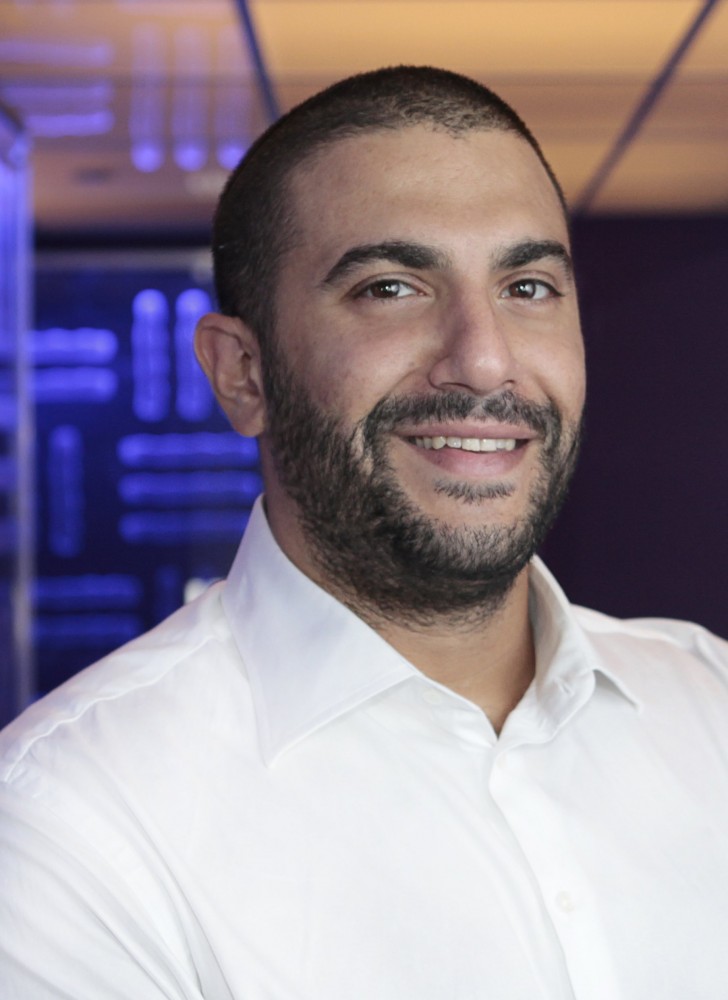
“There are two key defining characteristics that differentiate the new generation of graduates over previous generations and they are their perceptions of leadership and value.” --Tarek Haddad, managing director of J. Walter Thompson Beirut
LEBANON, A TALENT INCUBATOR?
“The only crisis Lebanon has never experienced is one of talent,” believes Haddad. “The volume of great talent and highly potential talent is abundant – it’s one thing we won’t ever run out of. Yet with a sluggish economy and no clear horizon in sight, so long as the country doesn’t have one unified vision, the hardest thing for great talent to do is to see potential in the country, appreciate the lay of the land, and be up for the uphill struggle to improve it.”
For Barakat, nothing can be done to retain and nurture talent if the economy doesn’t improve. Mroue is of a similar mind, especially if “politicians continue to put their personal interests before that of the people”. Even Geahchan is pessimistic, largely due to the doubt felt by potential new recruits contemplating entering agency life.
“The overall environment of the industry is far from making it easier,” says Geahchan. “When a fresh grad is looking for their first job, they usually have an ideal image of how they would like to see themselves in 20 years’ time. Today, as employers we cannot be confident enough to show them or tell them what the image will be in five years’ time. The only certainty is that we’ve been here for more than a 150 years and we’ll definitely be here for the next set of decades, but in what shape is not defined yet.”
Economic and political realities are out of agencies’ control. Everybody knows that. The only possible answer, therefore, is to ensure that agencies provide their newest members of staff with an environment in which they can thrive, says Matar. “We have to always remember that an advertising agency is – before everything – a creative and free-thinking environment, not a establishment hung-up on working hours and timesheet entries.”





